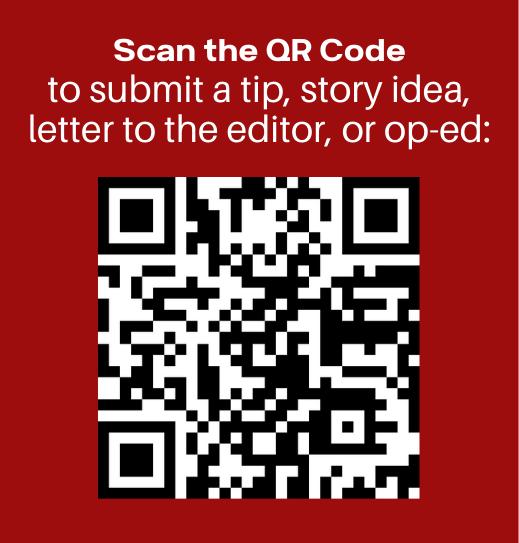
2 minute read
poses challenges for academic integrity
BY EVAN PAPAGEORGE, STAFF WRITER
ChatGPT, the powerful artificial intelligence program that has gone viral in recent months for its ability to emulate human writing, has prompted concerns about its potential for abuse among students. ChatGPT is an interactive artificial intelligence and machine learning program that allows users to communicate directly with a computer running the powerful natural language syntax. OpenAI, the company that runs and owns ChatGPT, is a leader in machine learning and has produced many other power intelligence programs in the past. ChatGPT, released in November 2022, follows the success of OpenAI’s GPT-3. The program takes inputs from a user in their natural language and can produce accurate and specific text responses and make computer code. However, with the power of a synthetical study of the entire Internet, students have begun to take advantage of ChatGPT responses, which are undetectable by traditional plagiarism and anti-cheating software.
Advertisement
In the history of academ- ic integrity, there have often been developments in technology that require the educational systems to adapt and evolve to combat ways to cheat. When smartphones entered the market, there was a consideration of how to prevent students from using them to cheat. With the advent of ChatGPT and other more advanced systems like Chegg, Photomath, and other machine-learning academic aid programs, academic integrity must reform again.
ChatGPT is uniquely challenging for professors and schools for two reasons: it is easy to use and hard to trace. The program is simple and takes only a quick Internet search, an email, and a login. From there, the user can ask the program any question, from simple prompts like “What is the weather today?” to much more complex ones, like “Write a C++ program to track daily activity in 500 lines of code.” With only a few words, it is possible to do entire projects for the user.
Worsening the challenge schools face with ChatGPT is how difficult it is to detect the presence of ChatGPT
SEE CHATGPT PAGE 2 have studied abroad during their time here at Stevens. Full-time staff members of international programs were present and available for questions and assistance.
Rachouh, the event organizer, was proud to host such an event. She emphasized the importance of the fair in spreading information quickly since the of-
The College of Arts and Letters (CAL) department has a new Associate Dean of Undergraduate Studies, Professor Jennifer McBryan. Professor McBryan has a Ph.D. in comparative literature from Rutgers University set her up for an “interdisciplinary career path in the humanities.” In graduate school, she received extensive training in the art of teaching writing and specifically teaching the shift that first-year students experience when transitioning from high school to college. The focus in writing switches from receiving knowledge in high school to producing knowledge in college. McBryan believes that her generalist background has been integral in “showing students how to be interested in a wide range of things.”
Her career at Stevens began in the Writing and Communications Center, and she later served as the director of SEE CAL PAGE 2









